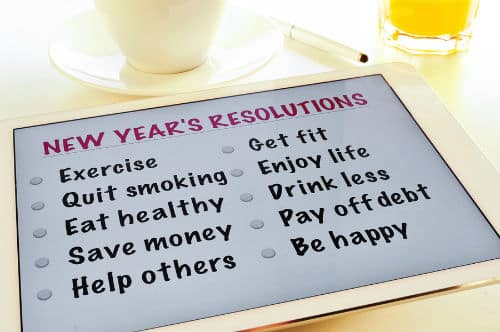any of my readers want to get out of debt – especially at the beginning if the New Year when they’ve made various financial resolutions.
One recurring question I’m often asked is: which debts should I pay off first — student loans or credit card debt?
For several reasons, it’s probably best to pay off credit card debt before paying off student loans.
But that doesn’t mean you should put college debt entirely on the backburner or not pay it at all. It just means you should attack the credit card debt more aggressively.
Here’s why.
Focusing more heavily on eliminating credit card debt is the smarter option because credit cards usually carry higher interest rates. You’ll likely save a lot more money over the long haul by more rapidly knocking out credit card debt with an interest rate of say, 12% to 18%, rather than first paying off student loan obligations that probably have interest rates between 4% and 8%.
Your Credit Rating
There’s another reason why it makes better sense to first pay off credit card debt: your credit rating.
Having high revolving debt (i.e. credit card balances) can have a very negative impact or your credit score.
That’s not the case with student loans – even if you have very high student loan balances. As long as you pay them on time, and don’t let them lapse into delinquency or default, those student loans won’t hurt your credit score.
Your Credit Score
By contrast, however, your credit score is very much tied to how much credit card debt you’ve charged.
To lift your credit score, you should generally try to keep your credit card balances at or below 25% to 30% of your credit card limits.
This is known as your credit usage or credit utilization ratio. Generally, the lower this rate, the higher your score.
So if you have two credit cards and each has a $5,000 limit, that means you have a total of $10,000 in potential credit available to you. Now let’s assume you’ve charged $1,000 total on your two credit cards.
Your Credit Utilization
Under this scenario, your credit utilization ratio is 10% ($1,000 / $10,000).
A 10% credit usage rate is even better than a 25% or 30% credit usage rate, so your score will likely jump because you’ve paid off a large portion of your credit card debt.
But if you wipe out a big chunk of your student loans, and pay off most of that debt, you’re not likely to see any change at all in your credit score.
Finally, as a practical matter, for many people, paying off credit card debt may be more achievable as a short- or medium-term goal since the average college grad leaves school with nearly $30,000 in student loans and takes a decade or more to repay them.
If you have tens of thousands of dollars or more in college debt, it wouldn’t be prudent to wait 10 years or longer to try to pay that off first before you get around to retiring those credit card bills.
Taking this approach would leave you mired in debt and you’ll be paying unnecessary interest on both forms of debt year after year after year.
So my overall advice is to pay off credit card debt first.
Just don’t neglect the student loans. Pay them as well, and of course, pay the student loans on time every single month. If you can only make minimum payments, just do that in order to avoid student loan delinquency or default.
But if you’re cash strapped and can only pay aggressively on one of these debts, I’d recommend throwing the most money at your credit card bills.
That’s the fastest way to become debt-free and to get on the road to financial independence.








